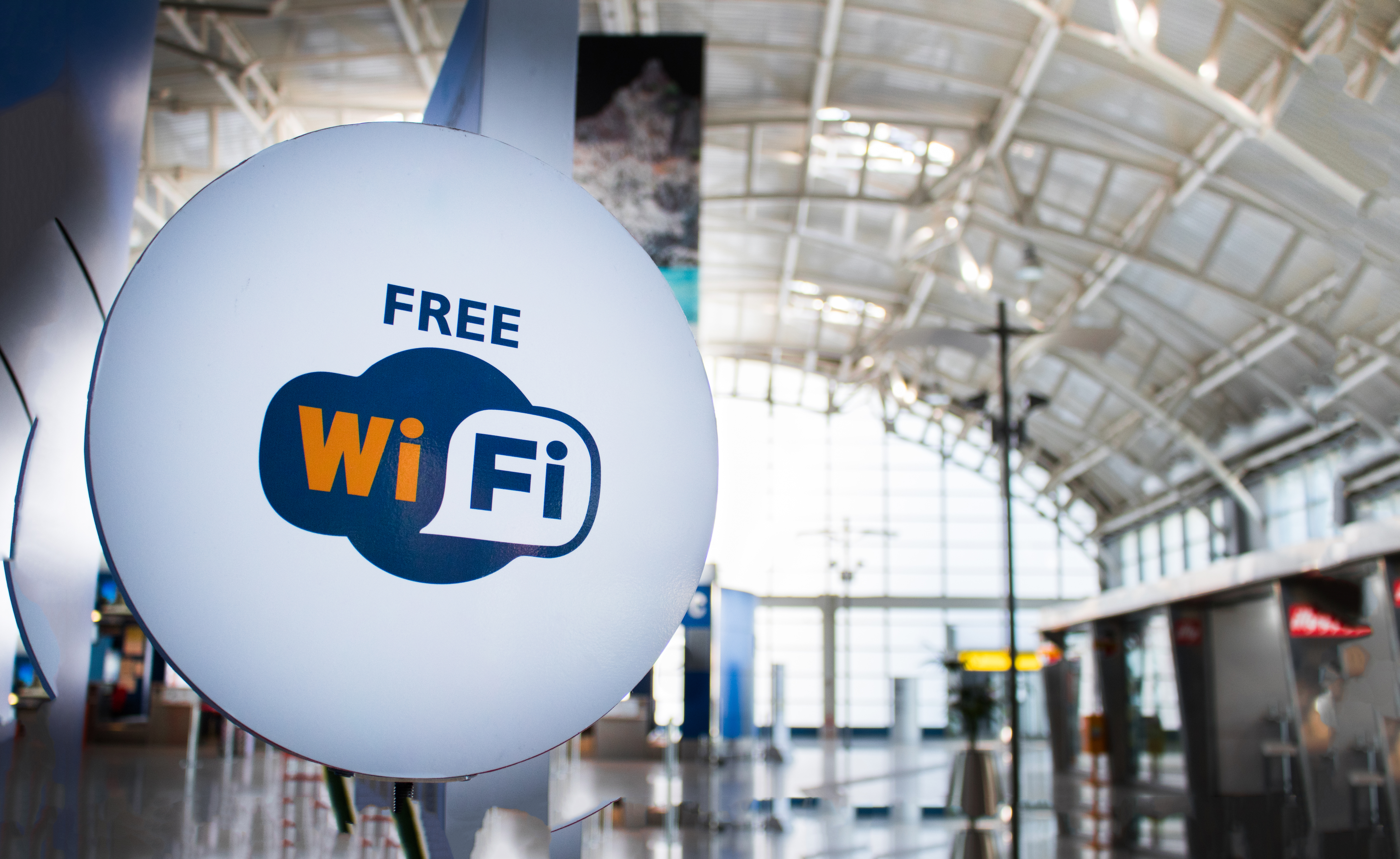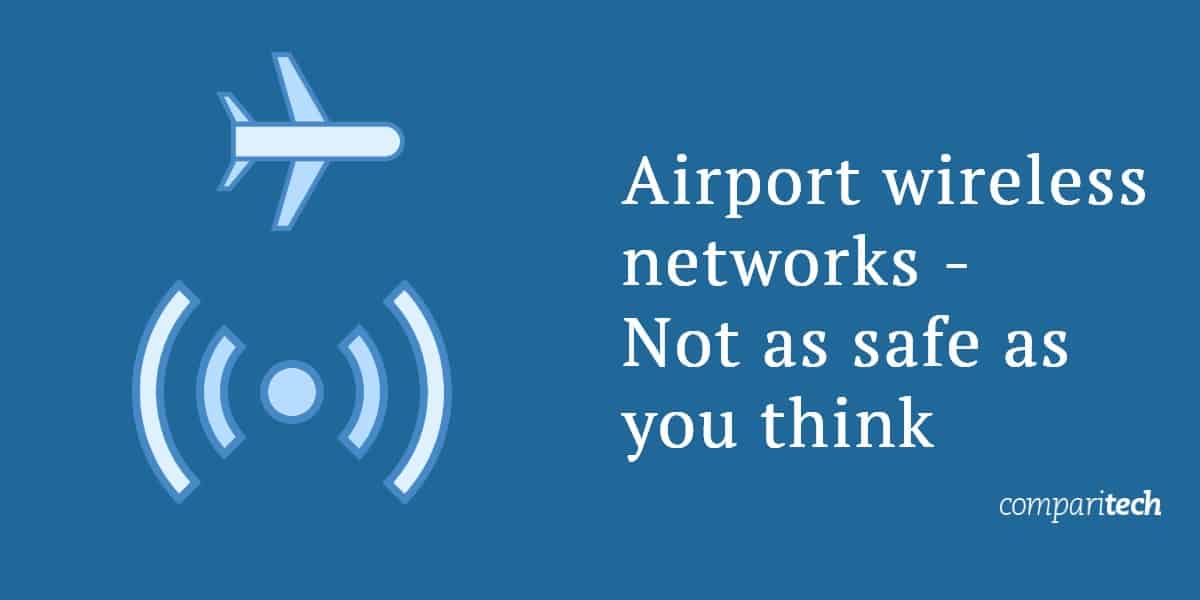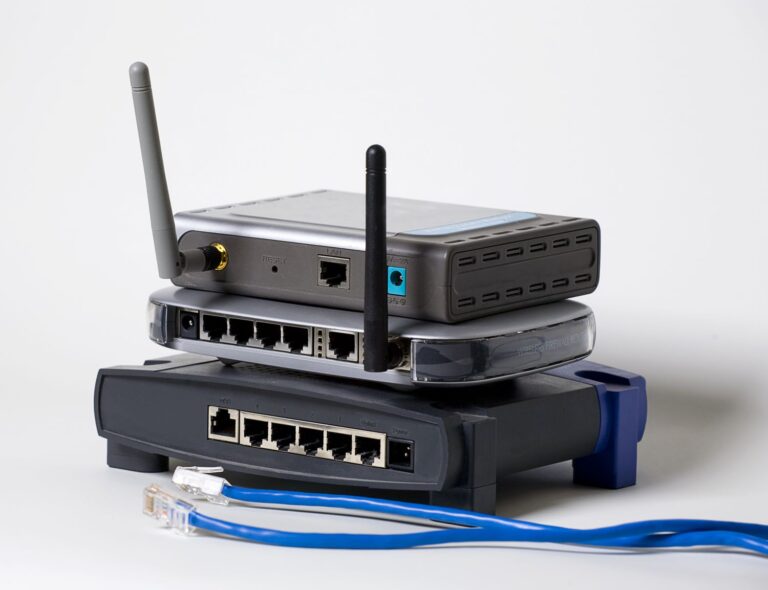Are Airport Wi-Fi Safe?
Airport Wi-Fi networks have become a popular way for travelers to stay connected while on the go. However, many people are concerned about the safety of using public Wi-Fi networks, especially at airports. Unfortunately, there are some risks associated with using public Wi-Fi networks, such as the potential for hackers to intercept your data. Fortunately, there are a few steps that you can take to ensure that your data stays safe while using airport Wi-Fi. By understanding the risks associated with airport Wi-Fi and following certain safety measures, you can rest assured that your data will remain secure while you are on the go.
What is Airport Wi-Fi?
Airport Wi-Fi is a type of wireless internet connection that is available for travelers at airports around the world. It is often provided by the airport itself, or by third-party providers, and is usually free or available at a reduced rate. While convenient for travelers, it also comes with its own set of security risks. Airport Wi-Fi is public, which means that anyone can access it. This means that your data may be vulnerable to hackers, as well as other malicious actors. Additionally, airport Wi-Fi networks often lack the same level of encryption that is present on private networks. This further increases the risks associated with using airport Wi-Fi. While the risks are real, there are ways to protect yourself and ensure your data is secure. Knowing how to protect yourself and your data is key to staying safe while using airport Wi-Fi.
Potential Risks of Airport Wi-Fi
Airport Wi-Fi can be convenient for travelers looking to do work, check emails, or message friends and family while on the go. However, with the convenience of airport Wi-Fi, comes potential risks that travelers should be aware of. Airport Wi-Fi networks are often public networks, meaning that anyone can access them without a password. While most networks are encrypted and secure, it’s possible for hackers to gain access to sensitive information transmitted over the Wi-Fi network. Furthermore, public Wi-Fi can be vulnerable to man-in-the-middle attacks, where hackers can intercept and read data sent over the network.
In addition, many public Wi-Fi networks are not maintained by the airport and may be open to anyone nearby. This can create a situation where anyone in the vicinity can access the same Wi-Fi network, leaving travelers vulnerable to malware, phishing, and other malicious activities. Therefore, it’s important for travelers to use caution when connecting to airport Wi-Fi.
Travelers should be aware of the potential risks associated with airport Wi-Fi and take the necessary precautions to protect their data. Strong passwords should be used for all accounts, and travelers should avoid accessing sensitive websites, such as online banking or email, over public Wi-Fi networks. Additionally, travelers should use a virtual private network (VPN) to encrypt their data and protect their online activities. By taking the proper steps to protect their data, travelers can ensure their safety while using airport Wi-Fi.
Protecting Your Data on Airport Wi-Fi
Connecting to public Wi-Fi networks can be a risky endeavor, and airports are no exception. Airport Wi-Fi networks can leave travelers vulnerable to identity theft, data theft, and a host of other malicious activities. The key to protecting yourself when using airport Wi-Fi is to take the necessary precautions and understand the risks.
It’s important to remember that any public Wi-Fi connection can be a target for cybercriminals. When you connect to an airport Wi-Fi network, you may be providing hackers with access to your personal information, including passwords, financial data, and other sensitive information. To protect your data, take the time to learn more about the security measures in place on the airport Wi-Fi network.
By using a virtual private network (VPN), you can encrypt your data while connected to the airport Wi-Fi network. A VPN encrypts the data you send and receive, making it more difficult for hackers to intercept and steal your data. Additionally, you should ensure that your device has the latest security updates installed to protect against any malicious software that may be on the network.
Finally, be sure to use a secure web browser when connecting to the airport Wi-Fi network. Make sure to disable any browser extensions that you are not using and turn off any automatic logins that could be used to access your accounts. You should also use caution when visiting websites and downloading any content while connected to the airport Wi-Fi network.
By taking the necessary precautions and being aware of the risks, you can protect your data while using airport Wi-Fi. By understanding the potential vulnerabilities, you can protect yourself and your data while traveling.

Airport Wi-Fi Access Protocols
Airport Wi-Fi is an increasingly attractive amenity for travelers, but it can also bring in a host of security risks. It is important for travelers to understand the protocols in place to ensure their safety when accessing airport Wi-Fi.
The first line of defense for airport Wi-Fi is in the form of authentication protocols. These protocols ensure that only authorized users can connect to the Wi-Fi network. This is done through the use of passwords and other methods to verify the user’s identity. The second layer of defense is encryption protocols. These protocols ensure that all data sent over the Wi-Fi connection is encrypted and secure.
In addition to authentication and encryption protocols, airports are also implementing additional security measures to protect travelers from potential cyber threats. These measures include firewalls, malware scanning, and network monitoring. Airports are also implementing policies to ensure that travelers only access the Wi-Fi in designated areas.
It is important for travelers to understand the protocols in place to ensure their safety when accessing airport Wi-Fi. By understanding the risks and security protocols in place, travelers can rest assured that they are safe when accessing airport Wi-Fi.
Airport Wi-Fi Security Strategies
Airport WiFi has become a necessity for travelers, but it is important to remember the security risks associated with using public networks. To protect yourself and your data while using airport Wi-Fi, there are a few simple strategies you can use.
Always use a secure connection. Whenever possible, use a Virtual Private Network (VPN) to encrypt your data and protect your information from hackers. Additionally, be sure to only access secure websites with HTTPS encryptions and avoid using public computers for sensitive activities.
Be aware of phishing scams. Airport Wi-Fi networks can be a prime target for phishing schemes. Be vigilant and never click on any suspicious links or enter any personal information into websites you don’t trust.
Turn off automatic connection settings. Many Wi-Fi networks will automatically connect your device to the nearest network, but this can often be a security risk. To ensure you’re connecting to the correct network, turn off your device’s auto-connect settings.
Stay up to date with security patches. It’s important to keep your device updated with the latest security patches to protect against any potential vulnerabilities. This will help ensure that your personal information remains safe while using airport Wi-Fi networks.
By following these simple strategies, you can ensure that your data remains safe while using airport Wi-Fi networks. Remember, it’s always better to be safe than sorry when it comes to online security.
Balancing Convenience and Security with Airport Wi-Fi
Using public Wi-Fi networks, such as those found at airports, can be a convenient way to stay connected while you’re away from home. However, using these networks can also mean exposing yourself to potential security risks. Airport Wi-Fi is no exception – while the convenience of connecting to airport Wi-Fi can be a great feature for travelers, it is important to be aware of the potential security risks associated with using them.
When using airport Wi-Fi, it is important to understand the differences between secure and unsecure networks. Unsecure networks, such as those found in public places, do not require a password to access. As a result, it is possible for anyone within range of the network to access your data, including passwords, emails, and other sensitive information. On the other hand, secure networks, such as those found in office buildings and hotels, require a password to access. While these networks are generally safer, it is still important to be aware of the potential risks associated with accessing them.
In addition to understanding the differences between secure and unsecure networks, it is also important to take measures to protect yourself when using airport Wi-Fi. Make sure to only access websites with secure connections (https) and use a Virtual Private Network (VPN) when possible. Also, be aware of any malicious software or phishing attempts when accessing the network. Finally, be sure to keep your device up to date with the latest security patches to protect against potential vulnerabilities.
By understanding the differences between secure and unsecure networks, taking measures to protect yourself when using airport Wi-Fi, and staying up to date with security patches, you can ensure that you stay safe and secure while using airport Wi-Fi. With these tips in mind, you can enjoy the convenience of airport Wi-Fi without sacrificing your security.
FAQs About the Are Airport Wi-Fi Safe?
FAQ 1: Is airport Wi-Fi safe to use?
Answer: Yes, airport Wi-Fi is generally safe to use, as long as you take the necessary precautions to protect your data, such as using a Virtual Private Network (VPN) and not accessing sensitive information such as bank accounts.
FAQ 2: How can I protect my data when using airport Wi-Fi?
Answer: You can protect your data by using a Virtual Private Network (VPN) and making sure to not access sensitive information such as bank accounts while using public Wi-Fi networks.
FAQ 3: What should I do if I think my data is at risk while using airport Wi-Fi?
Answer: If you think your data is at risk, you should immediately disconnect from the Wi-Fi network and contact your service provider to make sure your data is safe. Additionally, you should consider using a Virtual Private Network (VPN) to protect your data when using public Wi-Fi networks.
Conclusion
In conclusion, airport Wi-Fi can be safe to use, but there are some risks to be aware of. It is important to use a secure wireless connection and to be mindful of the websites you are visiting. Additionally, using a VPN is always recommended to protect your data while using public Wi-Fi networks. By taking the necessary precautions, you can safely browse the internet and access important resources while at the airport.



